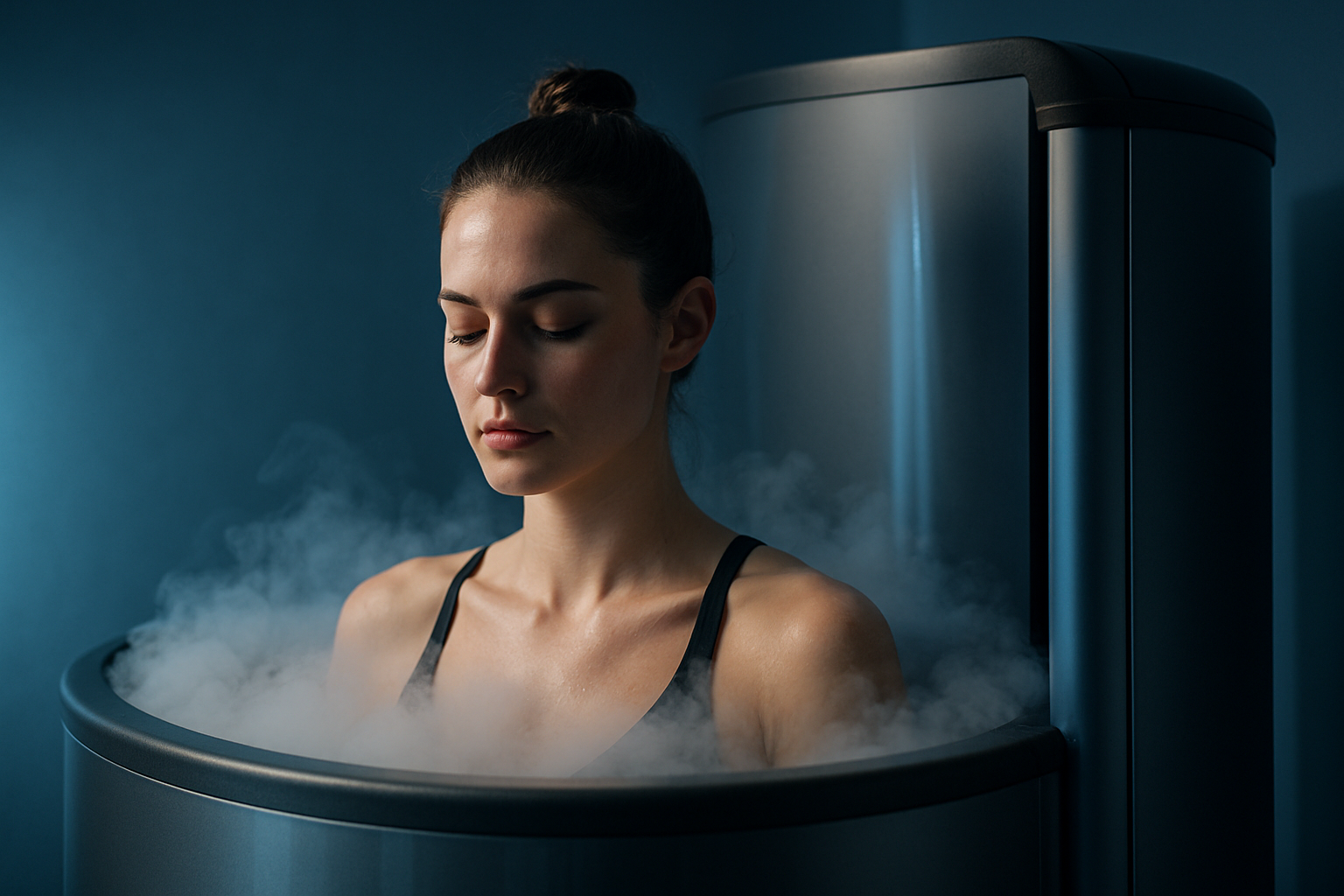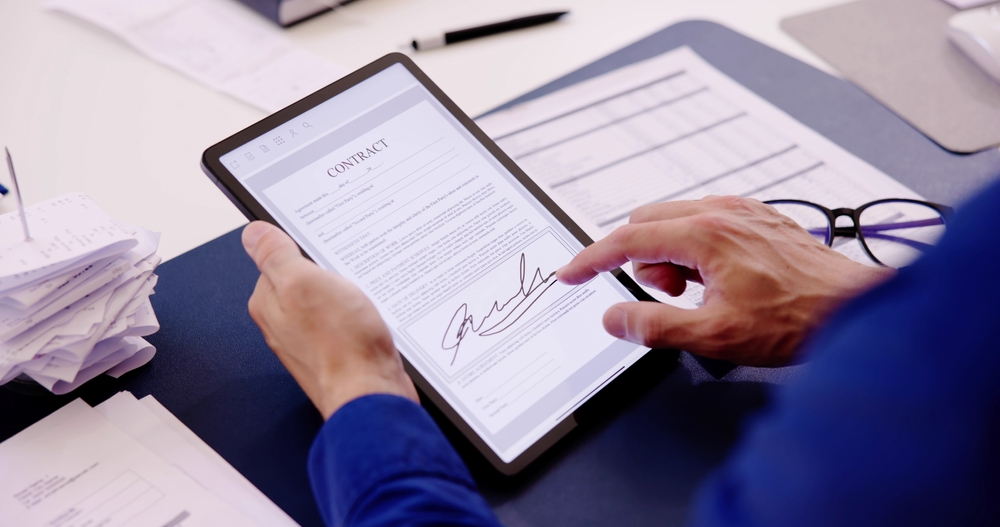Biohacking Your Circadian Rhythm: The Future of Sleep Optimization
Are you tired of feeling tired? Imagine waking up each morning feeling refreshed, energized, and ready to conquer the day. This isn't just a dream – it's the promise of circadian rhythm biohacking. But what exactly is this cutting-edge approach to sleep, and how can it revolutionize your health and well-being?

The Science Behind Circadian Biohacking
Circadian biohacking involves strategically manipulating environmental and behavioral factors to optimize your body’s natural rhythms. This approach is grounded in chronobiology, the study of biological timing mechanisms. Recent research has shown that aligning our daily activities with our circadian rhythm can have profound effects on health, cognitive function, and longevity.
Light Exposure: The Master Controller
Light is the most potent zeitgeber (time-giver) for our circadian system. Biohacking your light exposure involves more than just avoiding blue light before bed. It’s about creating a dynamic light environment that mimics natural patterns. This might include using smart lighting systems that adjust color temperature throughout the day or investing in light therapy devices for dark winter months.
Chrono-Nutrition: Timing Your Meals
When you eat can be just as important as what you eat. Chrono-nutrition, a key aspect of circadian biohacking, focuses on aligning your meal times with your body’s natural rhythms. This might mean front-loading your calories earlier in the day or implementing time-restricted feeding windows. Studies have shown that this approach can improve metabolic health, weight management, and even cognitive performance.
Temperature Regulation for Better Sleep
Your body temperature naturally fluctuates throughout the day, dropping slightly before sleep. Biohackers are exploring ways to enhance this natural cooling process. Techniques range from using cooling mattress pads to taking warm baths before bed, which counterintuitively helps lower core body temperature. Some enthusiasts even experiment with precise environmental temperature control systems to optimize their sleep environment.
Movement and Exercise Timing
Physical activity is a powerful circadian regulator, but its effects depend on timing. Morning exercise can help reset your body clock and boost alertness, while evening workouts might delay your sleep onset. Circadian biohackers carefully time their workouts to align with their individual rhythms and goals, using fitness trackers and apps to optimize their routines.
Social Synchronization and Circadian Health
Our social interactions play a surprising role in regulating our circadian rhythms. Circadian biohackers are exploring the concept of social zeitgebers – how our interactions with others can influence our internal clocks. This might involve coordinating meal times with family or scheduling important meetings during your peak alertness hours.
Circadian-Friendly Technology
As our understanding of circadian biology grows, so does the technology designed to support it. From smart lighting systems to wearable devices that track your personal circadian rhythms, the market for circadian-friendly tech is booming. These tools can provide personalized recommendations for sleep, activity, and even cognitive tasks based on your individual circadian profile.
The Future of Circadian Medicine
The field of circadian medicine is rapidly evolving, with potential applications ranging from cancer treatment to mental health interventions. Researchers are exploring how timing drug administration to align with circadian rhythms could enhance efficacy and reduce side effects. This chronotherapeutic approach could revolutionize how we treat a wide range of conditions.
Circadian Hacks for Optimal Living
-
Expose yourself to bright light within 30 minutes of waking
-
Maintain consistent meal times, even on weekends
-
Use red-spectrum lighting in the evening to promote melatonin production
-
Keep your bedroom cool, around 65°F (18°C) for optimal sleep
-
Practice “digital sunsets” by avoiding screens 2-3 hours before bed
-
Consider using a sleep tracking device to understand your personal sleep patterns
-
Implement a consistent wake-up time, even on weekends, to stabilize your circadian rhythm
-
Engage in outdoor activities during daylight hours to reinforce your natural rhythms
Circadian rhythm biohacking represents a frontier in personalized health optimization. By aligning our daily habits with our body’s natural cycles, we can unlock new levels of vitality, productivity, and well-being. As research in this field continues to advance, the potential for improving our lives through circadian optimization is boundless. The future of health may very well be written in the language of time.





